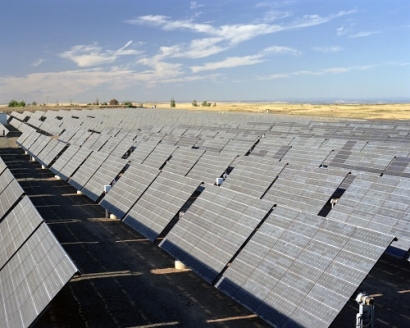
“The PPA with Mondelēz reaffirms Enel Green Power’s role as the partner of choice for corporate customers and shows that a wide range of industrial players are getting on board with the energy transition, understanding that renewables are not only a sustainable but also a cost-effective source of energy,” said Antonio Cammisecra, Head of Enel Green Power.
The energy supplied by EGPNA’s Roadrunner PV project is enough to produce over 50 percent of all the Oreos consumed in the US annually, equivalent to around 10 billion cookies, and will reduce Mondelēz International’s annual CO2 emissions by approximately 80,000 metric tons.
The agreement is Mondelēz International’s largest renewable energy partnership at global level and their first renewable energy PPA signed in the US. Moreover, it enables the food and beverage company to make substantial progress against the company’s new 2025 Impact Goals which provide a roadmap to reduce the company’s environmental footprint.
“Our ambition is to create a future where people and planet thrive by reducing the environmental impact of the snacks we make,” said Glen Walter, EVP and President North America, Mondelēz International. “This agreement demonstrates our commitment to reducing carbon dioxide emissions from our manufacturing footprint around the world, as well as specifically in North America. Together with our broader goals to eradicate deforestation in key ingredient supply chains, it forms a critical element of our sustainable snacking strategy and our contribution to creating a sustainable future.”
Roadrunner, which is currently being built in Upton County, Texas, will have a total capacity of 497 MW and, once completed, will be able to generate approximately 1.2 TWh annually. The first phase of Roadrunner has a capacity of 252 MW and is expected to be completed by the end of 2019; the second 245 MW phase is expected to be completed in 2020. Roadrunner is set to be the largest solar facility in Enel’s US portfolio.
“Ceres congratulates Mondelēz International on their continued leadership in sustainability,” said Anne Kelly, vice-president, government relations at CERES, a Boston-based nonprofit that works with investors and companies on sustainability issues. “The company’s progress towards their 2020 goals and their commitment to offset their U.S. manufacturing energy consumption with new renewable energy generation will support collective efforts to limit global temperature rise to less than 2° C.”

